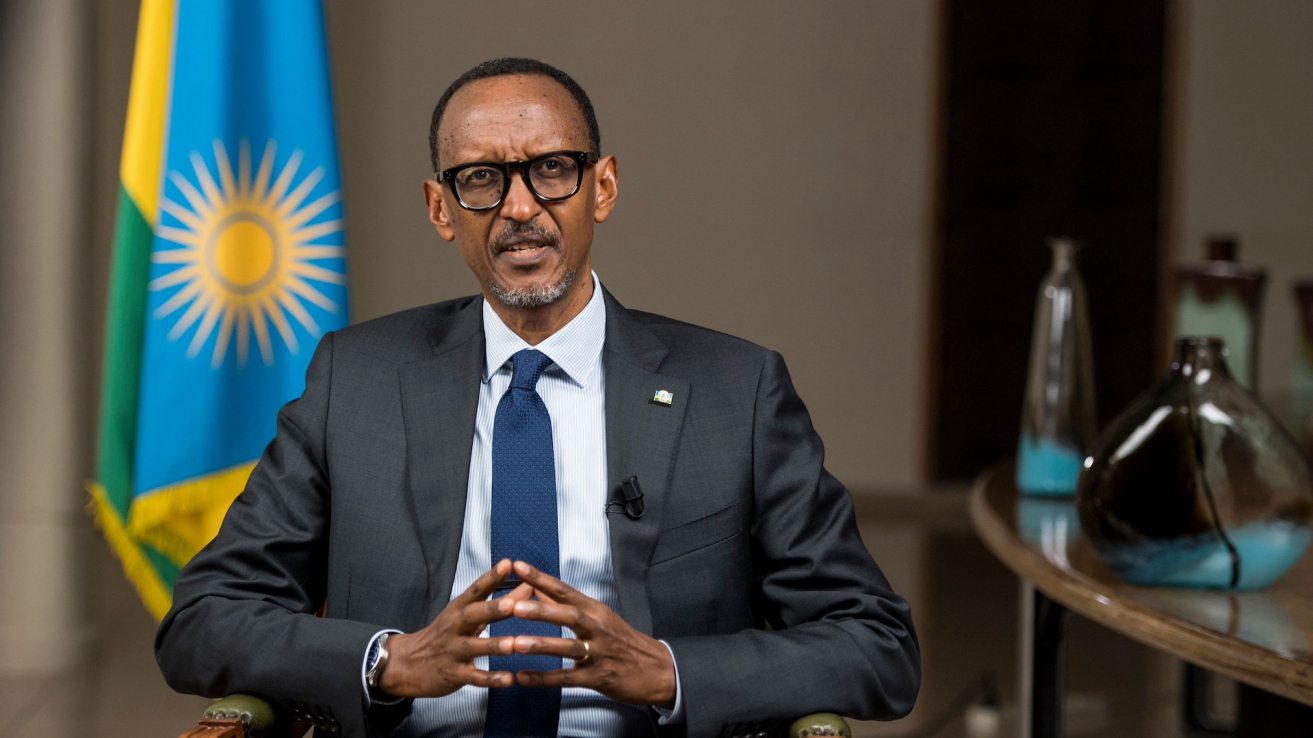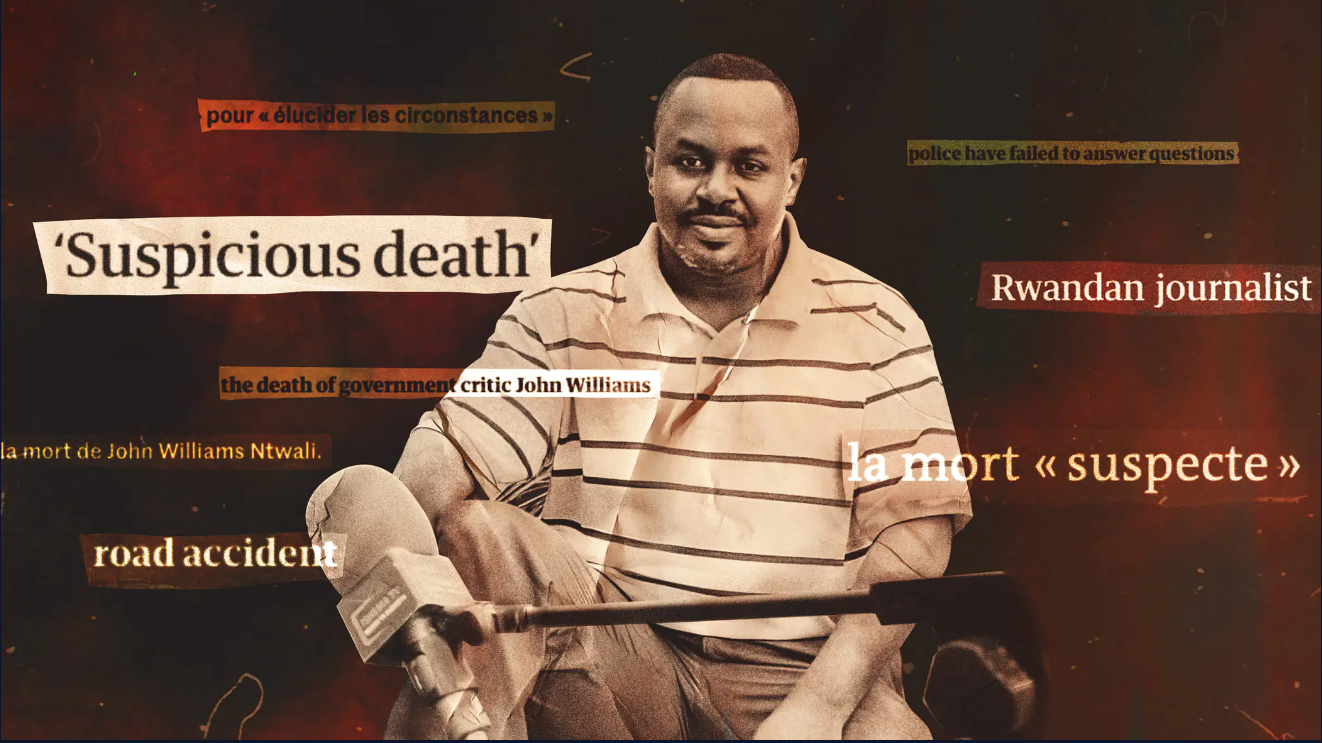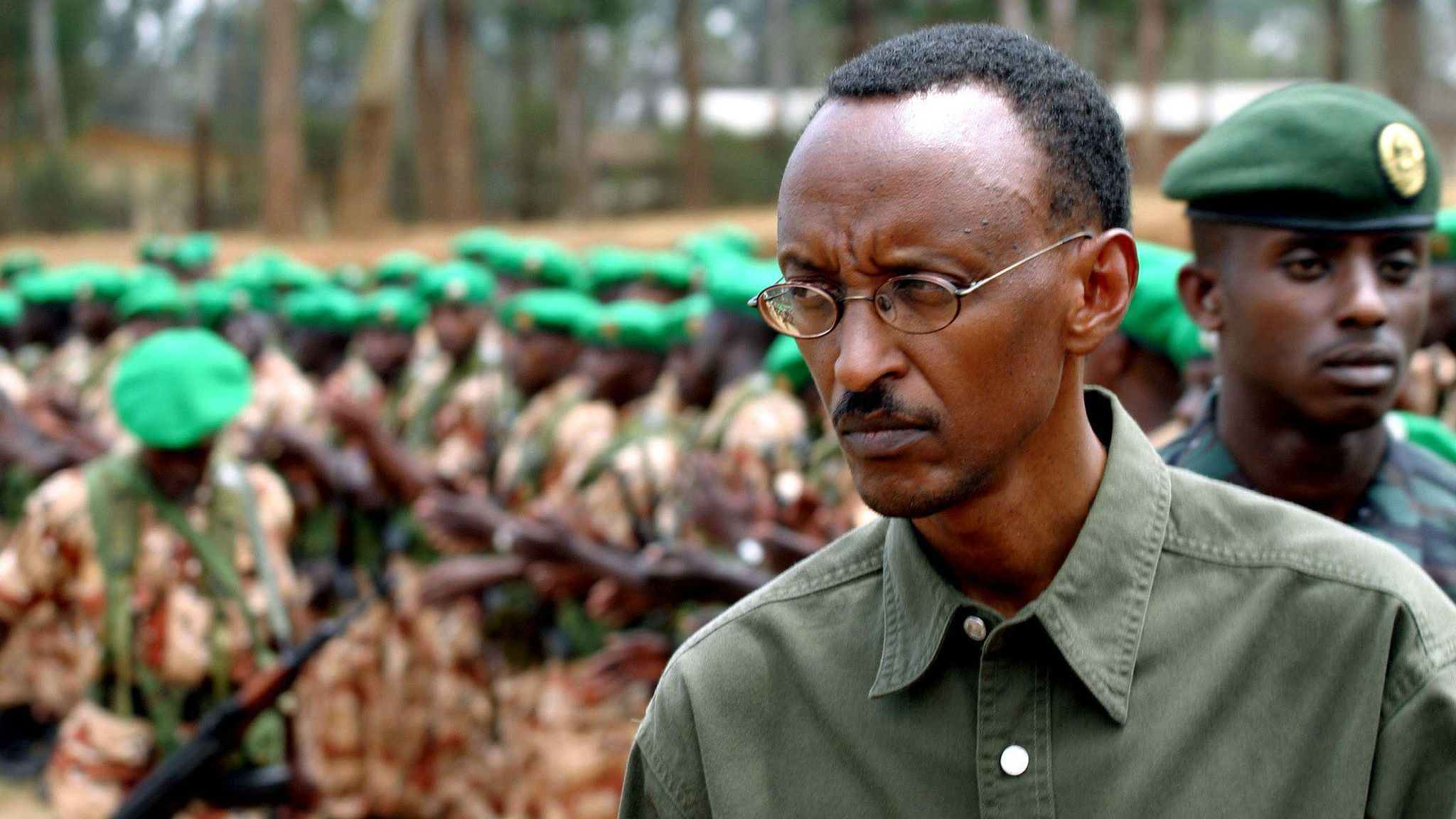
Honorary Title For freedom of expression
It is with profound gratitude and humility that I accept this honorary title for freedom of expression. I thank the organizers for this recognition, I extend my heartfelt gratitude to all those who have supported me, shown kindness, and stood in s...
May 4, 2025Rector Vrije Universiteit Brussel, Prof. Dr. Jan Danckaert, Rector Université
Libre de Bruxelles, Prof. Dr. Annemie Schaus, Distinguished Guests, Ladies and
Gentlemen,
It is with profound gratitude and humility that I accept this honorary title for freedom of expression. I thank the organizers for this recognition, I extend my heartfelt gratitude to all those who have supported me, shown kindness, and stood in solidarity with me and the causes I document and advocate for. For reasons of privacy and safety, I am unable to acknowledge each of them individually, but their impact and courage remain deeply valued and remembered. I thank my wife that endure significant hardships due to my unwavering commitment to my journalistic principles and activism, – and also, I thank everyone in this room for believing that speech, truth, and dissent are not luxuries but the very foundations of a free and just society. But I must confess that standing here also feels deeply contradictory. I receive this honor for speaking freely - while my country, Rwanda, remains under the control of a regime that systematically silences, imprisons, exiles, and eliminates those who dare to do the same. This contradiction is not personal. It is political. It is systemic. And it must be named. Rwanda under Kagame’s rule is often praised internationally as a miracle. A post-genocide success story. The gleaming streets of Kigali, the technological initiatives, the economic growth statistics these are the images that dominate international discourse. But behind this polished Image lies a much darker reality - one where fear is not just present but is official policy, where surveillance is normalized, and where silence has become a survival strategy. Consider the cases of musician Kizito Mihigo who composed songs calling for reconciliation outside official narratives, he died suspiciously in police custody.
Consider the case of Paul Rusesabagina who spoke out and was effectively kidnapped in Dubai and sentenced to 25 years in prison through a deeply flawed trial. Consider the case of a journalist and poet Innocent Bahati, who disappeared since 7th February 2021 to date, or opposition leader Boniface Twagirimana, who vanished from his prison cell in 2018. Think of political figure Diane Rwigara, who faced harassment, imprisonment, and a dubious trial after attempting to run for president. Remember journalist John Williams Ntwali, whose suspicious death in January 2023 followed his critical reporting on Kagame regime’s abuses.These are not isolated incidents; they represent a systematic elimination of dissenting voices. The message is clear: no voice, regardless of its prominence, is safe from silencing. In Rwanda today, speaking your mind can cost you your job, your freedom, or your life. Opposition figures face arbitrary detention, fabricated charges, and torture. Journalists work under the constant threat of prosecution under vague "genocide ideology" laws. Human rights defenders are branded as traitors. Even in exile, Rwandans live with the knowledge that the regime's reach extends far beyond our borders – as evidenced by the numerous documented cases of transnational repression, surveillance, and even assassination attempts against critics living abroad. This is not stability. It is repression with exceptional marketing. The consequences extend beyond our borders. In neighboring Democratic Republic of Congo, over six million lives (Estimate) have been lost in conflicts where Kagame’s regime has played a documented role. The latest resurgence of M23 rebels - responsible for atrocities, war crimes, and the displacement of millions - has been repeatedly linked to direct support from Kigali by UN experts and human rights organizations. Villages burned, children recruited into military ranks and women brutalized - this suffering continues while the international community's attention remains elsewhere.
And yet, Kagame’s regime is welcomed in international forums as a model. Its leader, Paul Kagame, who has effectively ruled for nearly three decades, is described as visionary. Efficient. A modernizer. But how efficient is a government that must silence its critics? How modern is a regime that has eliminated term limits to maintain power? How visionary is leadership that sacrifices future generations' freedoms for present-day control? This brings me to a harder truth: the international community has not merely overlooked these abuses – it has enabled them. Western governments pour billions into Kagame's regime with minimal human rights conditionality. Technology companies partner with surveillance systems that track dissidents. International organizations showcase Rwanda's economic statistics while ignoring the political prisoners. Development experts praise Rwanda's clean streets while turning a blind eye to the blood beneath them. It's easy to admire Rwanda's order when you're not the one paying its price. That silence - from institutions, from media, from policymakers - is not neutral. It is complicity dressed as diplomacy. It is abandonment disguised as engagement. Let me be clear: Rwanda deserves peace. It deserves dignity. It deserves leaders who do not fear the voices of their own people. And it deserves an international community that upholds human rights everywhere, not only where it's convenient. What can be done? I call for specific actions: To the international donors funding Kagame’s regime: Implement genuine human rights conditionality in your aid programs. To media organizations: Challenge the polished narrative. Investigate disappearances. Report on political prisoners and other human rights abuses. Give voice to those who cannot speak. To academic institutions like yours – VUB and ULB: Partner with exiled Rwandan scholars. Document abuses. Preserve testimonies. Create safe spaces for dialogue that cannot happen in Rwanda.
To policymakers: Scrutinize arms sales to Rwanda. Apply targeted sanctions against officials responsible for abuses. Support regional peace initiatives that address root causes rather than symptoms. To everyone in this room: When you hear "Rwanda success story," ask "success for whom?" When you read about Rwanda's progress, question "at what cost?" When you meet Rwandan officials, inquire about the fate of political prisoners. Freedom of expression is not a Western ideal. It is not a gift to be granted by power. It is a right. It is a lifeline. It is the difference between dictatorship and democracy, between fear and dignity. I accept this honor today not as a reward, but as a responsibility - to continue speaking, even when it is inconvenient. Especially when it is inconvenient. And I ask you - academics, journalists, students, citizens - use your voices. Use your platform. Use your freedom - because someone else cannot. Speak the truth about Kagame’s regime. Challenge the regime's carefully cultivated narratives. Support those who are silenced. Question your governments' partnerships with oppressors. And never confuse silence with peace or stability with justice.
To quote Elie Wiesel: "We must take sides. Neutrality helps the oppressor, never the victim. Silence encourages the tormentor, never the tormented." Today, I ask you to take sides – the side of truth, the side of human dignity, the side of those who risk everything to speak. For them, for Rwanda's future, and for the integrity of this very award we celebrate today. With gratitude, I Thank you.
See Also:

Bribery, Lashes, Death And TVE...
Rehabilitation or transit centers are spread across different parts of Rwanda. As per official narra...
Articles
Why Kagame Would Not Win A Fre...
In a hypothetical scenario where free and fair elections were conducted in Rwanda, it is highly ques...
Commentary & Analysis
Denying A Genocide By Investig...
They are going to say that we deny the genocide,” the colleague at Forbidden Stories – the project o...
The Rwanda Classified Project Investigations
Kagame’s Dual Grip: Repression...
Paul Kagame's regime in Rwanda is a striking example of how modern autocrats keep a firm hold on pow...
Commentary & Analysis

